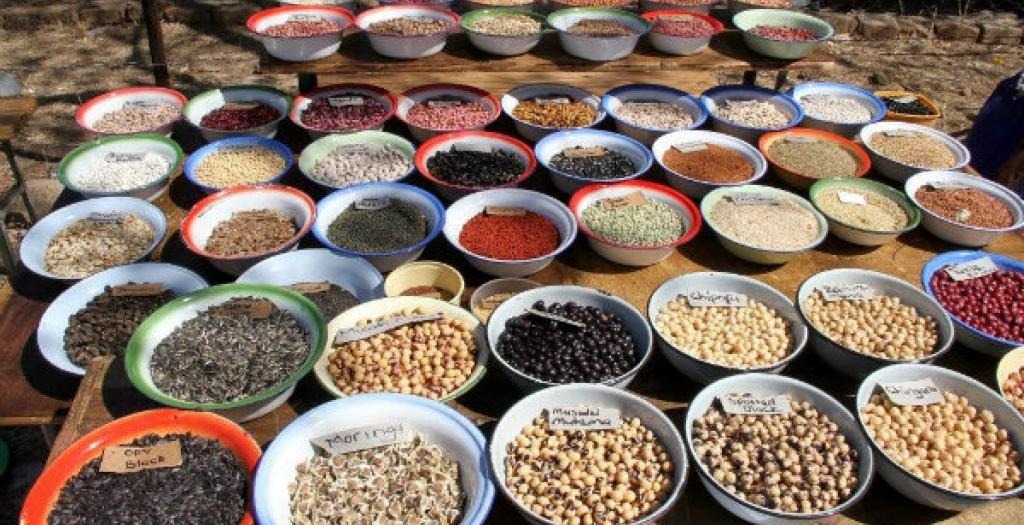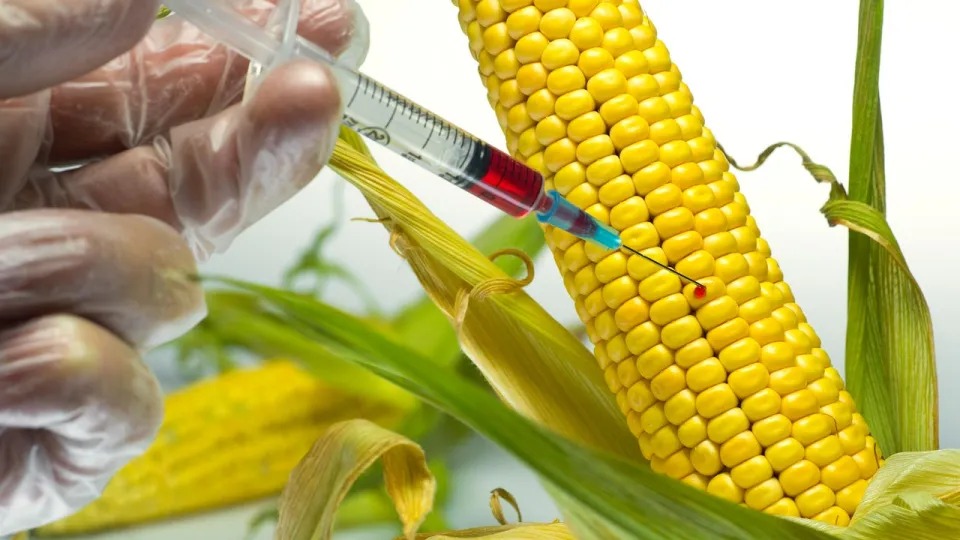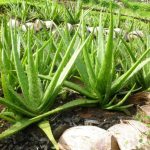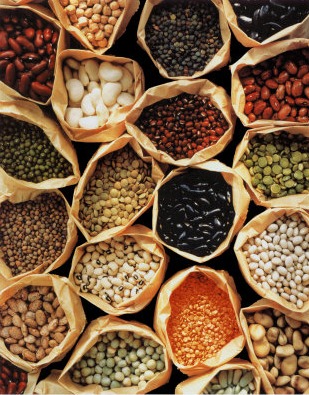The choice between organic and genetically modified organism (GMO) seeds has ignited a contentious debate in the agricultural world. Each type of seed carries its own set of advantages and disadvantages, impacting not only the environment but also the health of consumers. Understanding the nuances of these two seed types is essential for informed decision-making in the agricultural sector.
Organic Seeds

Advantages:
1.Environmental Sustainability: Organic seeds are cultivated without synthetic pesticides and fertilizers, promoting biodiversity and reducing the risk of environmental contamination.
2.Nutritional Quality: Organic crops are often perceived to have higher nutritional value due to the absence of synthetic chemicals in their production.
3.Resilient Ecosystems: Organic farming practices prioritize soil health, leading to improved soil structure and reduced erosion.
Disadvantages:
1.Lower Yields: Organic farming typically yields lower crop quantities compared to conventional methods, posing a challenge for meeting global food demand.
2.Risk of Pest Infestation: Without the use of synthetic pesticides, organic crops are more susceptible to pest damage, requiring alternative pest management strategies.
GMO Seeds

Advantages:
1.Enhanced Crop Traits: GMO seeds are engineered to exhibit specific traits such as resistance to pests, diseases, and herbicides, potentially leading to increased crop yields.
2.Reduced Environmental Impact: GMO crops may require fewer chemical inputs, resulting in reduced pesticide and herbicide usage.
3.Improved Shelf Life: Some GMO crops are designed to have longer shelf life, reducing food waste.
Disadvantages:
1.Unknown Health Impacts: Concerns exist regarding the potential long-term health effects of consuming GMO products, leading to ongoing debates about their safety.
2.Environmental Contamination: GMO crops can cross-pollinate with organic and conventional crops, raising concerns about genetic contamination and loss of biodiversity.
3. Socio-Economic Implications: The dominance of GMO crops in the market can impact small-scale farmers and seed sovereignty, potentially leading to a loss of traditional crop varieties.
The Middle Ground
As the debate rages on, some advocate for a middle ground that blends the best of both worlds. This includes the utilization of agroecological practices that harness the benefits of organic farming while integrating aspects of genetic engineering to address specific agricultural challenges. Additionally, ongoing research into sustainable agricultural practices aims to develop innovative solutions that mitigate the disadvantages associated with both organic and GMO seeds.
The choice between organic and GMO seeds is not a simple dichotomy, but rather a complex web of considerations encompassing environmental impact, human health, and global food security. It is imperative for stakeholders in the agriculture industry to engage in meaningful dialogue and continue to explore sustainable solutions that balance the advantages and disadvantages of both seed types, with the ultimate goal of promoting a resilient and sustainable food system.







